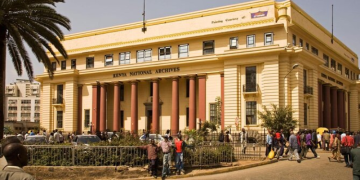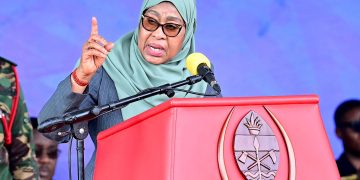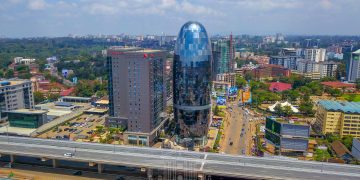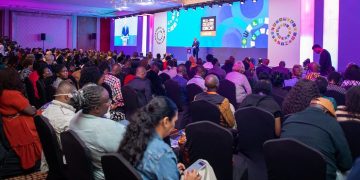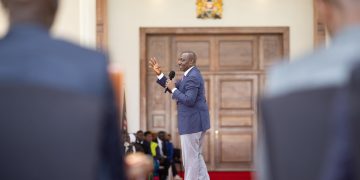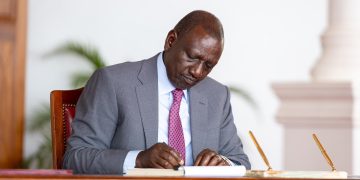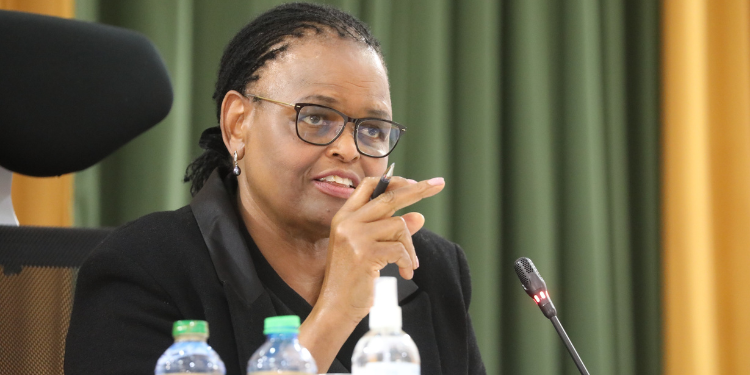The Judiciary Committee on Elections (JCE) has launched a comprehensive five-year operational plan (2024/25 – 2028/29) aimed at enhancing the Judiciary’s pivotal role in Electoral Dispute Resolution (EDR).
This strategic blueprint, marking 13 years since the Judiciary began its EDR preparation initiatives in 2012, seeks to enrich the EDR process, advance electoral justice, and safeguard Kenya’s democracy.
Judiciary Plan
The plan aligns with the Judiciary’s broader vision of ‘Social Transformation through Access to Justice’ (STAJ), with a central focus on electoral justice and ensuring “court excellence” in service delivery.
Chief Justice and President of the Supreme Court of Kenya, Hon. Justice Martha Koome, emphasized the Judiciary’s commitment to realizing this vision, acknowledging the “immense demand for resources” required and pledging robust dialogue with other government arms and development partners to secure the necessary funding.
Also Read: Kahawa Law Courts Location, Purpose & Contacts
“This plan is a crucial building block in ensuring court excellence in handling electoral disputes,” said Chief Justice Koome in her foreword.
Achievements and Challenges
The plan builds on past successes, including:
- Timely resolution of 222 election petitions in 2022.
- Development of key legal resources like the EDR Bench Book and Election Case Digest.
- Introduction of e-filing and virtual court systems.
Key thematic areas
Efficient Electoral Dispute Resolution Management
This is the core mandate of the JCE and the first thematic pillar of the 2025–2028 Operational Plan.
It aims to ensure that Kenya’s courts are fully prepared to handle electoral disputes fairly, efficiently, and transparently ahead of the 2027 General Election.
The committee will review and update electoral statutes, rules, and practice directions to close legal gaps and ensure clarity in dispute resolution procedures.
It also plans to lobby for timely legislative amendments, ideally six months before elections to avoid last-minute disruptions.
Building on lessons from the 2022 elections, the Judiciary will upgrade its CMS to streamline the filing and tracking of election petitions.
The plan includes enforcing e-filing, automating case validation, and training judicial officers and stakeholders on system use.
The Judiciary will invest in infrastructure to support election courts, including reliable internet, secure storage for election materials, and real-time transcription systems.
Legal researchers will also be deployed to assist judges and magistrates in managing complex cases.
The plan allocates Ksh204.4 million to this thematic area over four years, with the largest share going to transcription systems (Ksh53.25M) and legal research support (Ksh90M).
Capacity Building and Knowledge Management
Over 1,000 judges, magistrates, law clerks, and staff will be trained on electoral law, case management, and digital systems.
Regional training sessions and peer review forums will be held across all former provinces.
A standardized EDR training curriculum, developed with the Kenya Judiciary Academy, will be rolled out nationwide.
The JCE will conduct structured debriefs one year after the conclusion of EDR cases to review lessons learned and update training materials.
Psychosocial support forums will be introduced to help judicial officers manage the pressures of high-stakes electoral cases.
A digital repository of EDR materials will be established, with real-time sharing of judgments and decisions across court levels.
All superior court decisions will be published on Kenya Law Reports and Judiciary platforms to promote jurisprudential growth.
The Judiciary has allocated Ksh654.5 million to this thematic area over four years, making it the most heavily funded component of the operational plan.
Publicity, Image, and Branding
JSC plans to launch a dedicated social media strategy to engage citizens on platforms like X, Facebook, and YouTube.
There are plans to develop a JCE Communication Strategy and Brand Manual.
Regular press briefings, media summaries of rulings, and opinion articles in national newspapers are also planned to begin.
Training workshops for media practitioners to ensure accurate and ethical reporting on election-related cases.
The Judiciary has allocated Ksh54.1 million to this thematic area over four years, with the bulk directed toward media production, public engagement, and branding initiatives.
Governance and Institutional Capacity
The JCE will implement a clear organizational structure with defined roles for committee members and the secretariat.
Regular meetings with the Judiciary leadership and internal stakeholders will be held to ensure alignment and accountability.
The Committee will collaborate with government agencies to conduct corruption risk mapping and strengthen ethical safeguards in election courts.
Permanent staff will be recruited to preserve institutional memory and ensure continuity across election cycles.
Key roles include legal researchers, ICT officers, M&E officers, and administrative support staff.
The JCE will invest in ICT equipment, reliable internet connectivity, and digital tools to support e-filing and case tracking.
Also Read: Woman Who Lost Life Savings Wins Ksh41 Million Case Against Cytonn Investments
Office space and workstations will be expanded to accommodate growing operational needs.
The Judiciary has allocated Ksh120.1 million to this thematic area over four years.
Resource Mobilisation and Utilisation
The JCE will develop a comprehensive resource mobilisation and partnership engagement strategy.
It will actively defend its budget before government bodies and seek increased allocations from the National Treasury.
Roundtable meetings with development partners will be held to secure technical and financial support, especially for training and infrastructure.
The JCE will present detailed outlines of its resource needs well in advance of the electoral calendar to facilitate timely donor support.
The JCE will train its committee members and secretariat staff on Enterprise Resource Planning (ERP) systems and financial reporting.
Long-term budgeting and planning will be aligned with the election cycle to ensure continuity and preparedness.
The Judiciary has earmarked Ksh14.7 million for resource mobilisation and utilisation over the four-year period.
This funding will support strategic planning, donor engagement, financial audits, and capacity building.
Follow our WhatsApp Channel and X Account for real-time news updates.
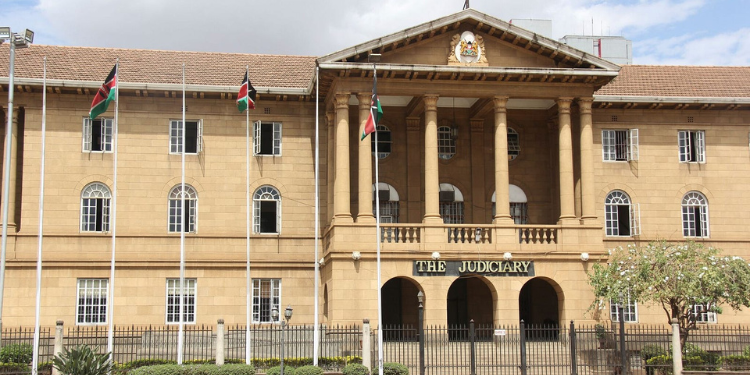

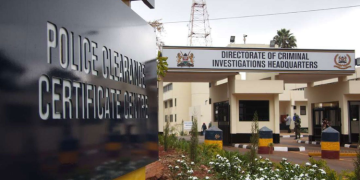

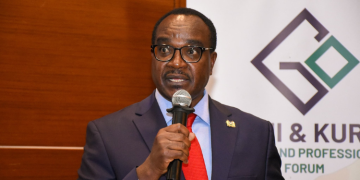
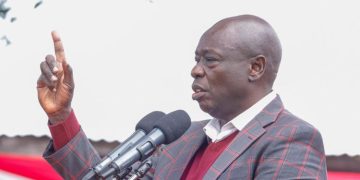
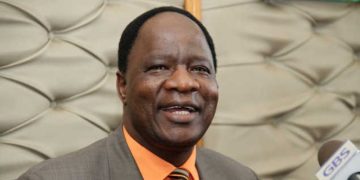

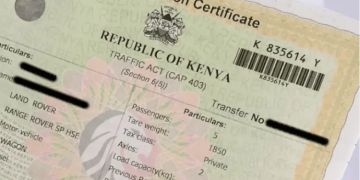









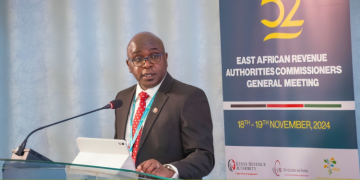

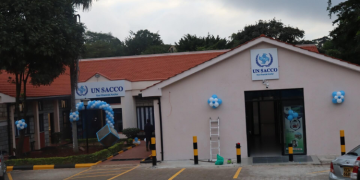
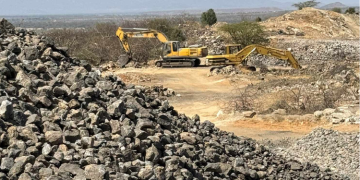
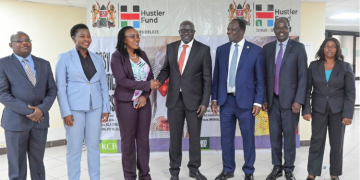
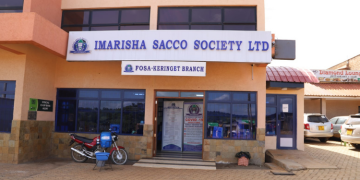


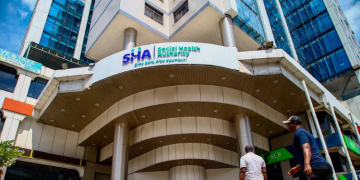



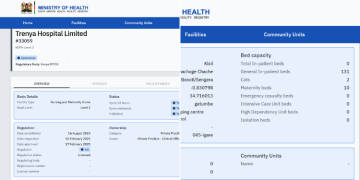

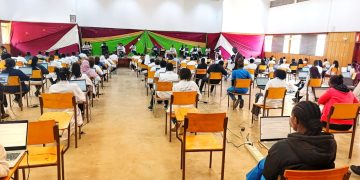
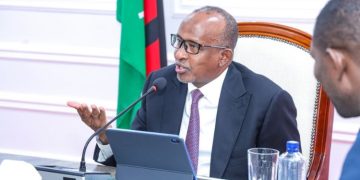



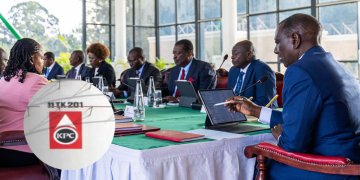







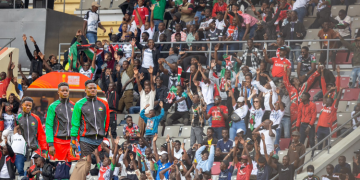





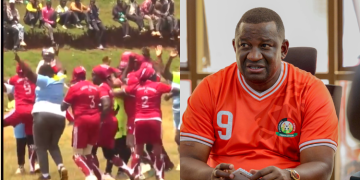



![Ntv Anchors Bring Village To Standstill With Heartwarming Birthday Party [Photos] A Photo Of Ntv Swahili Anchors Lofty Matambo And Fridah Mwaka During Their Birthday Celebration In Kilifi County Photo/ Lofty Matambo And Fridah Mwaka]( https://thekenyatimescdn-ese7d3e7ghdnbfa9.z01.azurefd.net/prodimages/uploads/2025/09/A-photo-of-NTV-Swahili-anchors-Lofty-Matambo-and-Fridah-Mwaka-during-their-birthday-celebration-in-Kilifi-County-PHOTO-Lofty-Matambo-and-Fridah-Mwaka-360x180.png)




